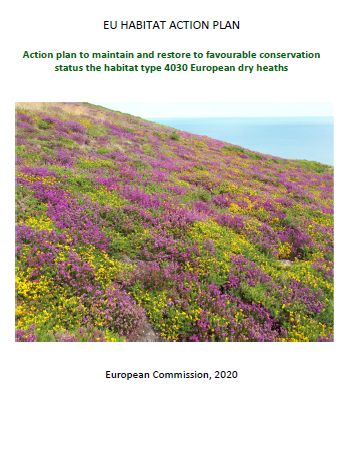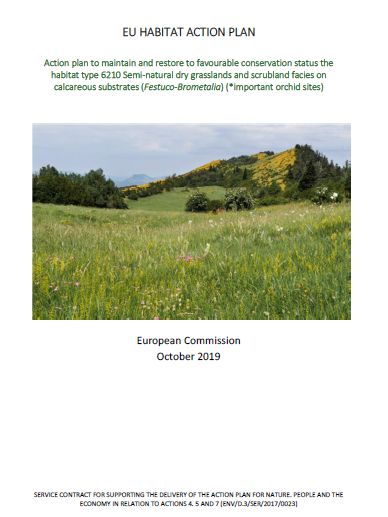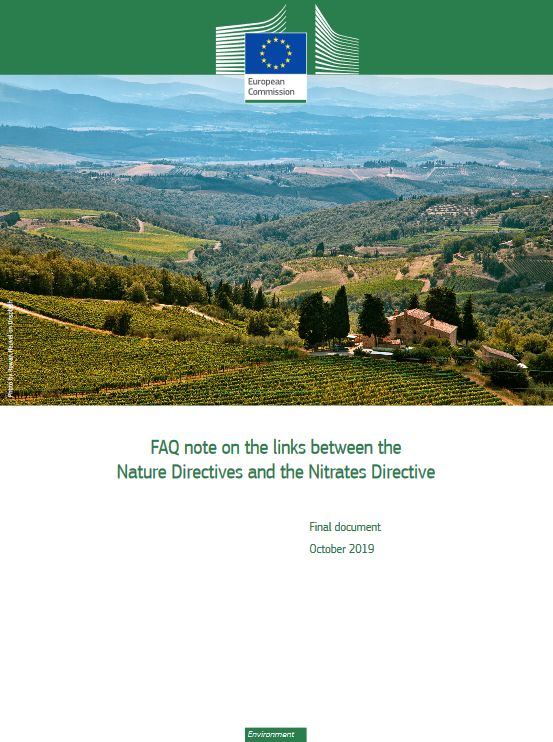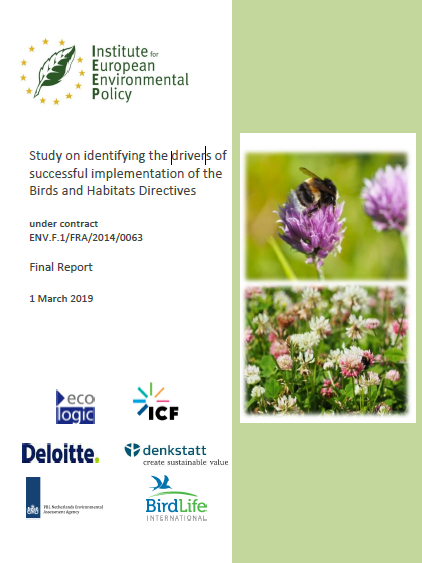Implementation of the EU's Action Plan for Nature, People and the Economy
- Project
- Duration
-
-
The EU project “Implementation of the EU’s Action Plan for nature, people and the economy” responded to the findings of the EU Nature Directives’ Fitness Check and contributed to the improvement of the Nature Directives implementation. It has supported the Commission in delivery of specific sub-actions of the EU Action Plan for nature, people and the economy under the Priority B ‘Building political ownership and strengthening compliance’. Institute for European Environmental Policy (IEEP) led this project with the support of Ecologic Institute and the N2K Group EEIG composed of five companies from different European regions.
Background
The Fitness Check of the EU Nature Directives (2016) revealed that though the Nature Directives are fit for purpose, substantial improvement of their implementation is still necessary in achieving their objectives and realising the full potential. Responding to this, the EU Commission developed an EU Action Plan for nature, people and the economy, which consists of numerous actions aimed to improve the implementation of the Nature Directives with a focus on coherence with socio-economic objectives and engagement with national, regional and local authorities, stakeholders and citizens. The present project related to specific sub-actions under Actions 4, 5 and 7.
Main objectives
The overall objective of this project was to provide support to the Commission in the delivery of some of the sub-actions associated with the three of the nature plan actions: Action 4, 5 and 7. This project carried out the following activities:
- prepared the Frequently Asked Question (FAQ) notes on a) the links between the Nature Directives and the Nitrates Directive, b) the links between the Nature Directives and the Invasive Alien Species Regulation; and promoted the existing guidance documents
- built country profiles for each of the Member States on Natura 2000 sufficiency, Natura 2000 management, the overall strategy for reaching favourable conservation status, financing, implementation of Art. 6(3) and 6(4), knowledge, monitoring, online access to data necessary for implementing the Directives, and governance;
- supported the organisation of bilateral meetings and back to back meetings with stakeholders; and
- drafted two Habitat Action Plans as well as promoted and disseminated them.
Ecologic Institute's role in the project
Within this project, Ecologic Institute led the activities related to the identification of links between the Nature Directives and the Nitrates Directive and provided inputs on the Water Framework Directive and the Floods Directive, contributed to all marine issues, assisted with cross cutting issues on agriculture/CAP and biodiversity, and supported on promotion of the existing guidance documents. Furthermore, Ecologic Institute contributed to preparation of country profiles (Germany, Lithuania and Slovenia) and supported the organisation of bilateral and stakeholders meetings. It also assisted with general data collation and analysis.
Results of the project
The results include:
- FAQ note on the links between the Nature Directives and the Nitrates Directive.
- FAQ note on the links between the Nature Directives and the EU Invasive Alien Species (IAS) Regulation.
- First two EU Habitat Action Plans targeting restoration of key habitats and species across the EU:
- Action plan to maintain and restore to favourable conservation status the habitat type 6210 Semi-natural dry grasslands and scrubland facies on calcareous substrates (Festuco-Brometalia) (*important orchid sites).
- Action plan to maintain and restore to favourable conservation status the habitat type 4030 European dry heaths.







